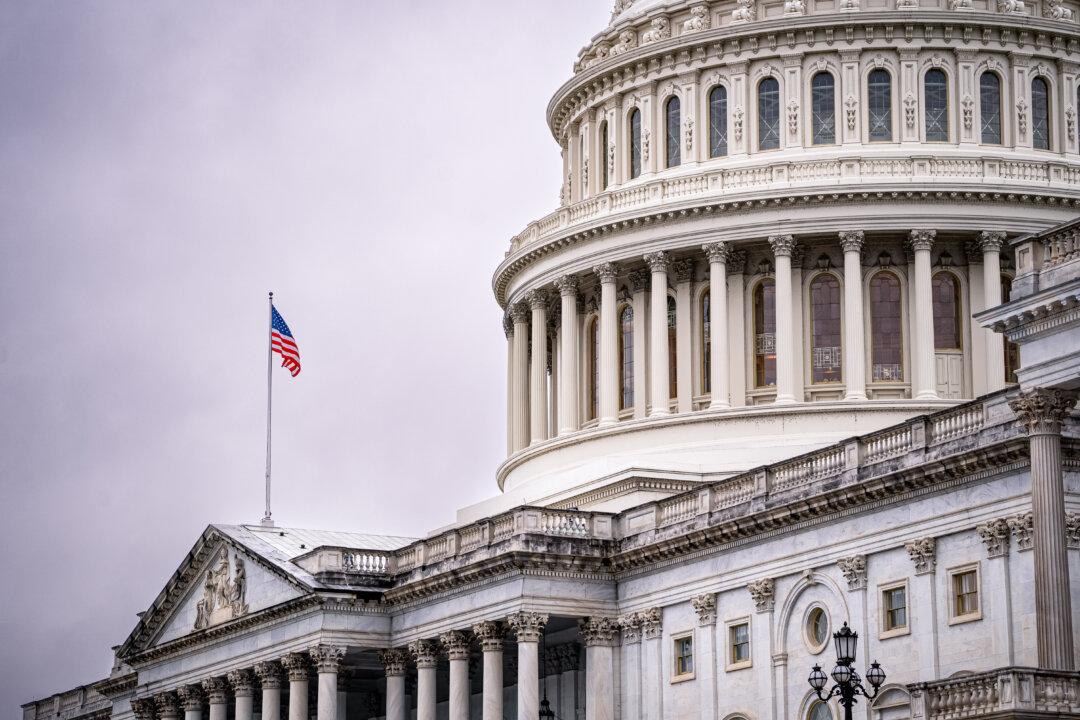Democrats on April 19 helped Republicans advance $95.3 billion in bills that would provide assistance to Israel, Ukraine, and the Indo-Pacific, as well as a measure that could ban TikTok.
The final tally to pass what is called a rule—which sets the parameters, such as whether amendments can be offered, and that is voted on before the House can proceed to vote on the measures themselves—passed 316–94.





